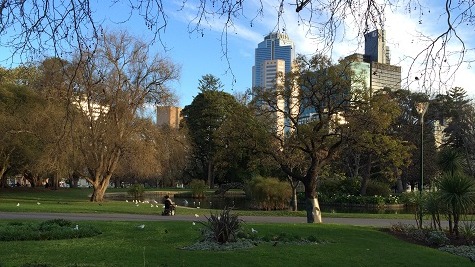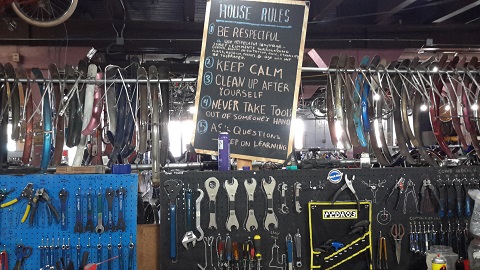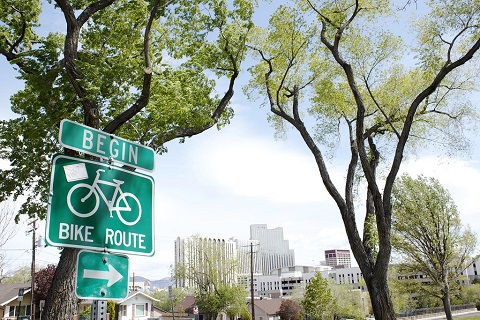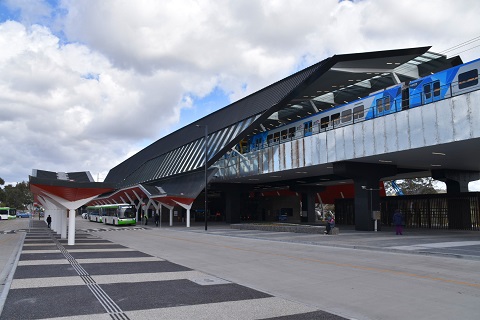Seed Funding Projects 2019
Four projects were successful in securing Future Cities seed funding for 2019.

Biodiverse and multi-functional green spaces in cities
Biodiversity and ecosystem services are critical for sustainable, healthy and resilient environments that support people and nature. In cities, the greatest opportunities for securing these critical elements are in the network of urban green spaces. This research project seeks to begin to redress unequal distribution of urban green spaces in some of Australia's most populous cities.
Read moreComparative evaluation of community bicycle workshops
Cycling is universally praised as a low-carbon mobility option, but increasing and sustaining demand from urban residents to desire and use active travel, including cycling, has proven difficult in cities with high levels of automobility and poor bike infrastructure. This project will explore and compare the contribution of community bike workshops in Europe and Australia to increase demand and promote better wellbeing and transport outcomes. This project has been co-funded with the Connected Cities Lab.
Read more

Exposure to greenery and PM2.5 during active transport modes
Environment quality affects physical wellbeing, psychological wellbeing and productivity. To be sustainable on an urbanised planet we must consider provision of infrastructures for active transport modes. We need to thoroughly understand people's choice on available transport modes in various typologies of urban forms.The aim of this seed funding project is to identify exposure to PM2.5 and its effects on physical wellbeing and exposure to greenery and its effects on psychological wellbeing during active transport modes in Melbourne.
Read moreUnderstanding frames and values in suburban transport politics
The planning for future transport is political. Transport politics can be understood as a set of conflicts coloured by different ideologies – progressive, neoliberal, conservative. Legacy et al (2018) argue that Australian cities are now post-political, meaning that planning, once an important site of conflict and debate, has been captured by the dominant discourses of growth and economic prosperity. This project will address the challenge of ‘political closures’ and open pathways to counter it by examining the basis for existing transport politics in suburban geographies where discourses remain heavily dictated by automobility.
Read more